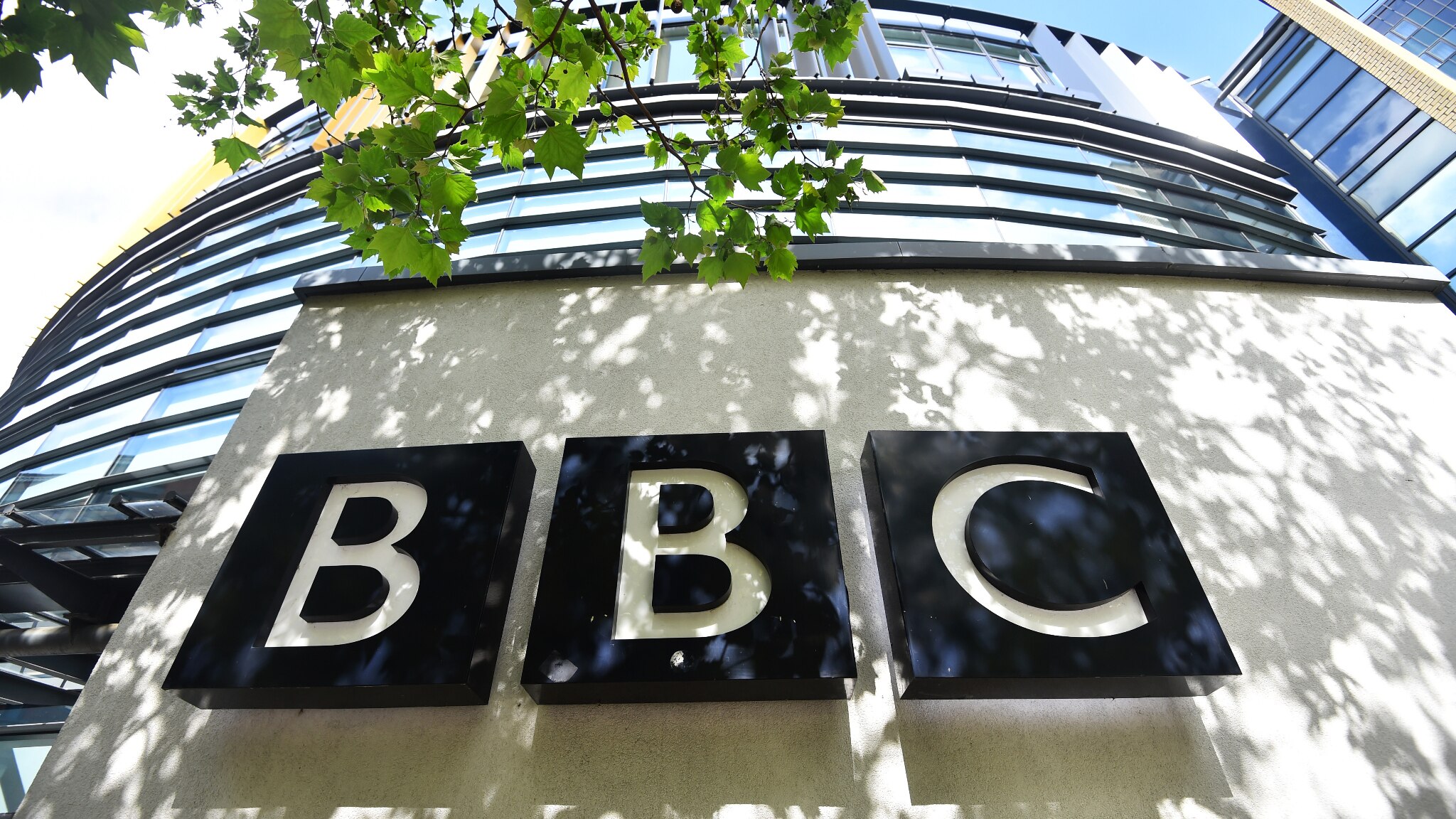The BBC today announced the cut of 382 seats in its international service in a drastic cost reduction plan initiated in its transition to digital.
A considerable downsizing of radio and TV programming directed abroad is foreseen.
The British public broadcaster thus closes radio channels in Arabic, Persian and Chinese, and eliminates some television programs in Africa and Asia.
The BBC, which is preparing to celebrate its centenary on October 18, however, ensures that no foreign language service will be closed completely.
World Service English will continue to function as a 24 hour radio broadcast, available worldwide.
Some new shows and podcasts will be rescheduled at a later time, but the channel will continue to serve audiences during times of danger and will ensure countries such as Russia, Ukraine and Afghanistan access vital news services, using broadcast and distribution platforms. appropriate.
The BBC has already achieved record levels of growth on digital platforms, currently reaching 148 million people in an average week.
The digital share of radio coverage, which broadcasts in 28 languages around the world, has more than doubled: from 19% to 43% since 2018.
The changing needs of the international audience, with more people accessing news digitally, go hand in hand with a difficult financial climate.
High inflation, rising costs and a cash payment of the fixed fee have led to tough choices across the BBC, and international services need to save £ 28.5m, as part of the larger £ 500m. annual savings and reinvestments to make the BBC digitally driven.

